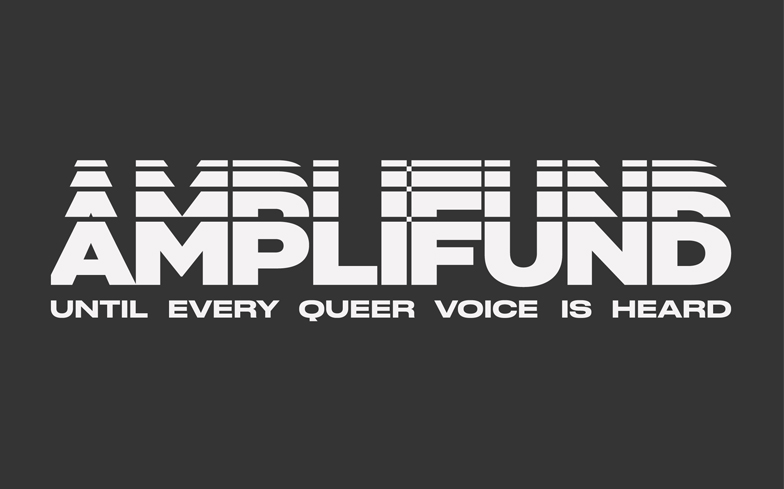
Amplifund is a new philanthropic initiative launched by GAY TIMES.
The aim of the fund is to increase the acceptance of LGBTQ communities around the world by supporting local LGBTQ media whose work is a vital lifeline in countries where LGBTQ face legal and social challenges.
The initiative was launched in partnership with human rights charity Give Out, and will also provide resources to local communities for campaigning, education and social change.
The first two partnerships announced during the launch of Amplifund were J-FLAG and IraQueer.
J-FLAG is the Jamaica Forum for Lesbians, All-Sexuals and Gays and last year celebrated its 20th anniversary.
The organisation works for the human rights of LGBTQ people in Jamaica, as well as offering legal reform and advocacy, education, social services and support.
It was first formed in 1998 by a group of 12 men and women “who saw the need to advocate for the protection of LGBT people from state-sanctioned and community violence.”
The organisation is made up of educators, lawyers, public relations practitioners, advertisers and human rights activists.
They are the foremost voice in Jamaica calling for equal rights, social change and respect towards the LGBTQ community.

They also organise Pride in Jamaica which brings together queer Jamaicans in a week of celebration, reflection and visibility.
LGBTQ people in Jamaica face legal and social challenges, but as part of their fight for equality J-FLAG want to raise awareness to more positive stories in the country.
“We do have those problems,” J-FLAG’s senior advisor Glenroy Murray said at the launch of Amplifund. “But we also have stories of resilience. We do have stories of Pride.
“We have stories of people who are all but invisible and are accepted in different ways in Jamaica.”
IraQueer, meanwhile, is fighting for an Iraq/Kurdistan region where LGBTQ people are protected by the law, have equal rights, and are protected like everyday citizens.
Their mission is to empower LGBTQ Iraqis through raising awareness of LGBTQ issues, challenges, and identities, as well as advocating for LGBTQ rights.
It was founded by Amir Ashour, who currently serves as the organisation’s Executive Director.
The IraQueer core team is made up of five people, along with three board members, 28 volunteers and a network of more than 600 people who represent the LGBTQ community in Iraq.
Everyone who works for IraQueer is “passionate about defending and advocating for LGBT+ citizens”.
IraQueer also provides a temporary safehouse to LGBTQ individuals fleeing violence in Iraq and has supported more than 200 people in their asylum claims.
Speaking at the launch of Amplifund, IraQueer’s founder and executive director Amir Ashour explained that although homosexuality isn’t illegal in Iraq, it also isn’t legal.
What he means by that is that LGBTQ people simply aren’t recognised as they are living in a country that doesn’t acknowledge their existence.
It’s also a country that routinely fails to prosecute people who are violent towards and murder LGBTQ people.
One of Amir’s missions with IraQueer is to start to change the language that Iraqi media uses when reporting on LGBTQ people and issues, and removing the use of derogatory terms.
He wants to do this by retraining journalists in the country and educating them around correct terminology when reporting on LGBTQ issues and identities.
“What we want to do, we cannot do without each other because each group has access to resources and spaces,” Amir said of IraQueer’s new partnership with Amplifund.
“To move forward as a queer community, we need to move together.”
The third launch partner, Pink Armenia, fights for human rights where everyone in society in protected and accepted regardless of sexual orientation and gender identity.
Amplifund will be funded by Gay Times’ corporate partnerships, subscriptions and individual donations.
Amplifund plans to bring more diverse voices to the forefront of mainstream LGBTQ media in both the UK and US, where there is often a lack of understanding and little exposure of experiences of LGBTQ people outside of Westernised societies.



